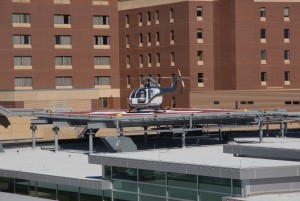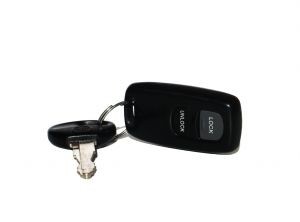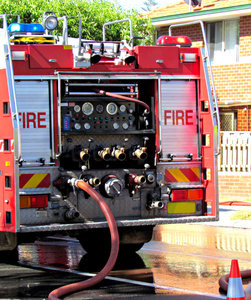According to a news article from the Tewksbury Patch, a three-car accident that recently occurred left several injured, including one elderly man with serious head trauma. Witnesses say the accident occurred just prior to 11 a.m. on Main Street in Tewksbury near several local businesses, including Mahoney’s Too and John Ryan’s Pub.
 When first responders arrived at the scene, they immediately assessed the victims’ condition and discovered the one elderly victim was far more severely injured than the others. They called for a medivac helicopter, which landed at John Ryan’s Pub. The flight crew stabilized the patient and transported him to a local level-one trauma center in the Boston area. Continue reading
When first responders arrived at the scene, they immediately assessed the victims’ condition and discovered the one elderly victim was far more severely injured than the others. They called for a medivac helicopter, which landed at John Ryan’s Pub. The flight crew stabilized the patient and transported him to a local level-one trauma center in the Boston area. Continue reading
 Boston Car Accident Lawyer Blog
Boston Car Accident Lawyer Blog










